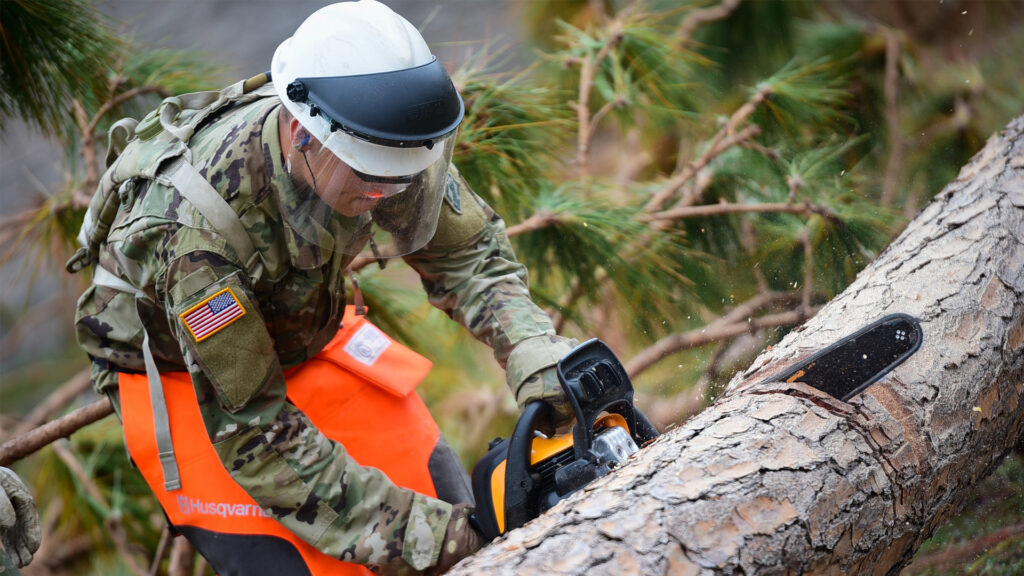The American Security Project has released a new report on climate resilience efforts in Florida locations that are home to key U.S. national security facilities.

Florida has more than 20 national security facilities, including the U.S. Southern Command, U.S. Central Command and U.S. Special Operations Command. The American Security Project’s report examines climate resilience efforts in five Florida regions that are home to these facilities: Cape Canaveral/Space Coast, Jacksonville, Miami/Doral/South Florida, Pensacola/Emerald Coast and Tampa.
“This report focuses exclusively, but broadly, on city and regional climate resilience efforts that directly impact Florida’s defense and security facilities,” the report states. “While not an exhaustive list of every climate resilience measure underway, this report serves as a foundation for further climate resilience analysis for national security assets located in the Sunshine state.”
The American Security Project is “a nonpartisan organization created to educate the American public and the world about the changing nature of national security in the 21st century,” according to its website. The report, “Mapping Florida’s Resilience Through a National Security Lens,” can be viewed by clicking here.



